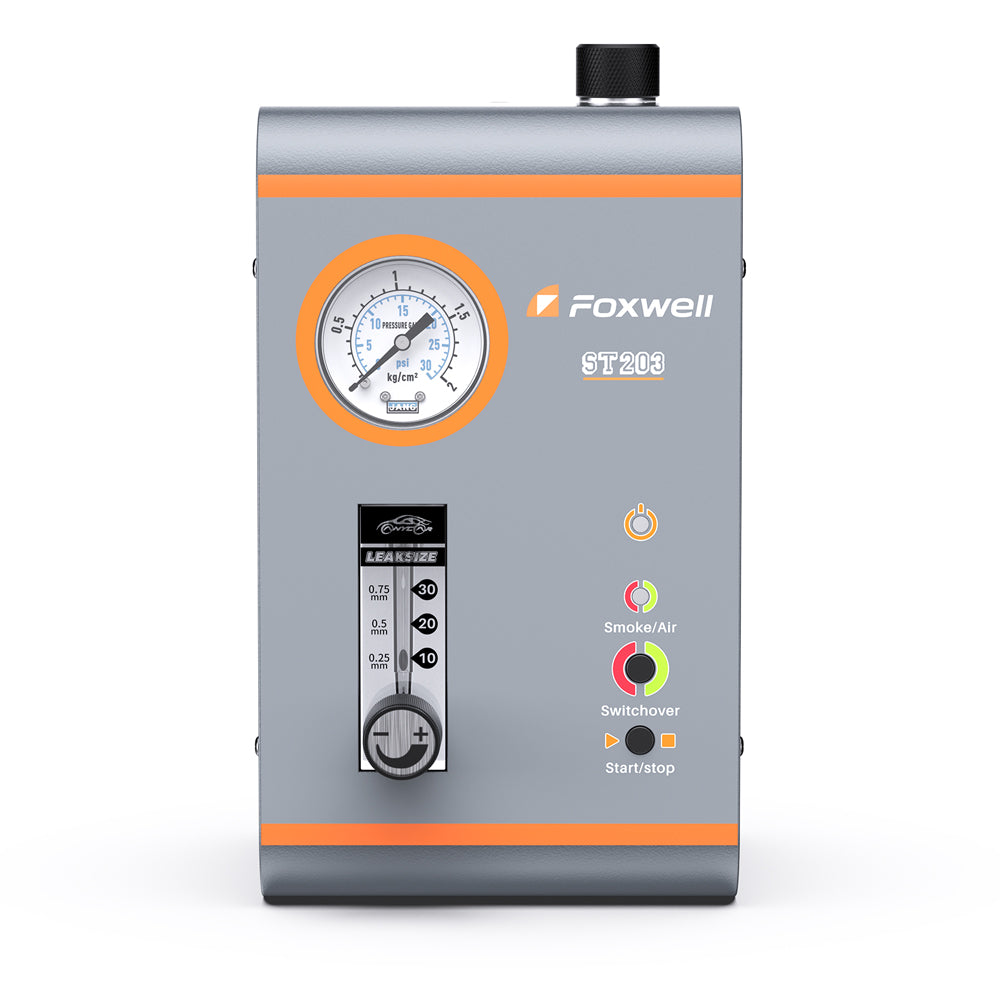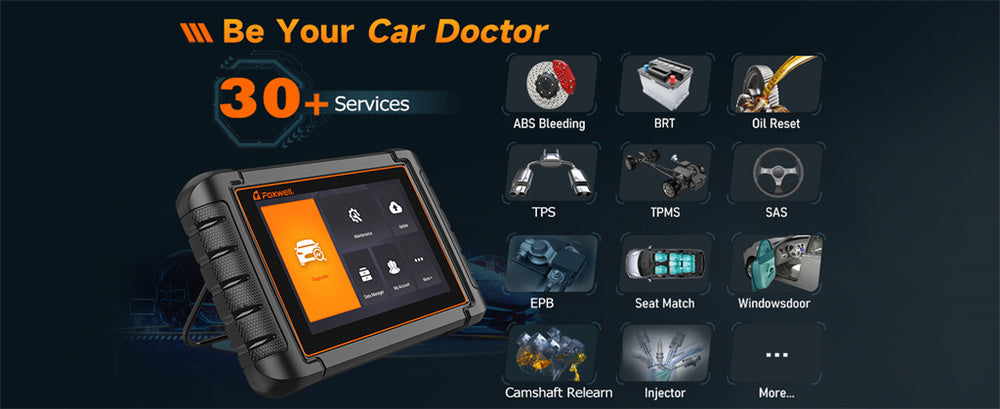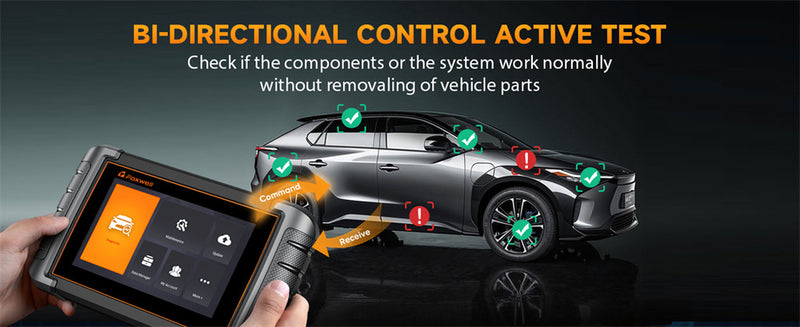Driving with an EVAP (Evaporative Emission Control System) leak might seem like a minor inconvenience at first. However, it can cause significant long-term problems for your vehicle if ignored.
We’ll explore what an EVAP leak is, how it affects your car’s performance, the risks of driving with this issue, and the potential damage it could lead to.
Whether you’re a casual driver or an auto enthusiast, understanding this system and its potential failure can help you make informed decisions about your vehicle’s health.
What is an EVAP Leak and Why Does It Matter?

The EVAP (Evaporative Emission Control) system is designed to trap fuel vapors that evaporate from your fuel tank and prevent them from escaping into the atmosphere.
The EVAP system directs these vapors back into the engine to be burned off, reducing harmful emissions and improving fuel efficiency.
It’s an essential part of modern vehicles’ emission control systems, helping them comply with environmental regulations.
An EVAP leak occurs when there’s a break or fault in this system, allowing fuel vapors to escape. This could be caused by something as simple as a loose or faulty gas cap, or as complex as a broken valve or damaged charcoal canister within the EVAP system.
Although an EVAP leak doesn’t usually affect the immediate operation of your car, it can lead to a series of complications if left unchecked.
Why It Matters:
Environmental Impact: The EVAP system is crucial for reducing emissions. A leak increases the release of fuel vapors into the atmosphere, contributing to air pollution.
Vehicle Diagnostics: Many modern vehicles are equipped with OBD (On-Board Diagnostics) systems that monitor emissions, including the EVAP system.
When an EVAP leak occurs, the OBD system triggers the “Check Engine” light, alerting you to potential issues.
However, without the right diagnostic tool, such as the Foxwell NT809BT, it can be challenging to pinpoint the exact cause of the light.
This advanced car diagnostic scanner tool not only reads EVAP leak codes but also provides real-time data and comprehensive system checks, helping you quickly diagnose and address the problem before it leads to other vehicle issues.
How Does Driving with an EVAP Leak Affect Your Safety?
One of the first concerns drivers have when they encounter an EVAP leak is whether it’s safe to continue driving.
Generally, an EVAP leak does not pose an immediate threat to your driving safety. Your car’s essential functions—brakes, steering, and engine performance—aren’t directly impacted by an EVAP leak in the short term.
However, there are some indirect safety concerns to consider.
Potential Safety Risks:
Fuel Vapor Hazards: While the EVAP system controls fuel vapors, a significant leak could allow these vapors to escape near hot engine components, creating a fire hazard. Although rare, this is a potential danger you shouldn’t overlook.
Misleading Diagnostics: When the "Check Engine" light is on due to an EVAP leak, you might ignore it, potentially overlooking other serious engine problems that occur simultaneously. This could compromise the safety of your vehicle if not addressed promptly.
Increased Emissions Testing Failure: Many states require vehicles to pass emissions tests. Driving with an EVAP leak will almost certainly cause your vehicle to fail this test, meaning you’ll be forced to repair it before renewing your registration or legal operation.
Potential Long-Term Damage of Ignoring an EVAP Leak
Although driving with an EVAP leak may not seem urgent, over time, the problem can snowball into more severe issues.
Prolonged leaks can damage other parts of the vehicle and affect its overall efficiency and performance.
Long-Term Impacts on Vehicle Health:
Catalytic Converter Stress: An unchecked EVAP leak can lead to a rich fuel mixture being sent to the engine. This excess fuel can stress the catalytic converter, which is responsible for controlling your vehicle’s emissions. Over time, this can lead to a clogged or damaged catalytic converter, which is costly to repair or replace.
Fuel Efficiency Loss: While the EVAP system is primarily for emissions, it also helps your vehicle burn fuel more efficiently. With fuel vapors escaping instead of being redirected into the engine, you may experience a slight drop in fuel efficiency over time, costing you more at the pump.
Other Emission System Failures: The EVAP system is interconnected with other emissions-related components. Ignoring a leak could cause a ripple effect, eventually leading to issues with the oxygen sensors, exhaust system, or engine performance itself.

How Urgent is It to Fix an EVAP Leak?
The urgency of fixing an EVAP leak depends largely on its severity.
For minor leaks, such as a loose gas cap, the risk is minimal. However, more serious leaks within the EVAP system can cause complications over time.
Factors Determining Urgency:
Check Engine Light Severity: If your "Check Engine" light is solid and the car is running smoothly, the leak is likely minor.
However, if the light is blinking or your car starts exhibiting unusual symptoms (such as rough idling or difficulty starting), it’s a sign the problem is more serious and needs immediate attention.
Regular Maintenance: If you are due for an emissions test or state inspection, fixing the EVAP leak becomes urgent, as it will cause a test failure.
System Stress: If your vehicle is older or has other performance issues, fixing the leak sooner can prevent additional stress on already aging components.
It’s generally advisable not to delay the repair for too long, as it can lead to more costly fixes down the road.
Common Signs of an EVAP Leak You Shouldn't Ignore
While the "Check Engine" light is the most obvious indicator of an EVAP leak, there are other signs you should be aware of.
Identifying these early can prevent more serious damage to your vehicle.
Key Symptoms of an EVAP Leak:
Fuel Smell: If you notice a strong gasoline odor around your car, particularly near the fuel tank or engine bay, this could be a sign that fuel vapors are escaping from the EVAP system.
Decreased Fuel Efficiency: As mentioned earlier, an EVAP leak can lead to a small but noticeable drop in fuel efficiency, as fuel vapors that should be burned are instead lost.
Difficult Starting or Stalling: In more severe cases, an EVAP leak can cause difficulty starting the vehicle or cause it to stall, especially if the leak affects engine performance by altering the fuel mixture.
Cost and Solutions: What to Expect When Repairing an EVAP Leak
Repairing an EVAP leak can range from simple to complex, depending on the cause of the leak.
The most common and easiest fix is replacing a loose or faulty gas cap, which is inexpensive and straightforward.
However, more involved repairs—such as fixing or replacing valves, hoses, or the charcoal canister—can be more labor-intensive and costly.
Repair Costs Breakdown:
- Gas Cap Replacement: $20 to $50
- Hose Replacement: $50 to $150
- Charcoal Canister Replacement: $200 to $600
Labor Costs: Depending on the complexity, labor can range from $100 to $200, with diagnostic fees sometimes adding extra costs.
Regular maintenance checks and addressing small issues early can save you from more costly repairs in the future.
Conclusion
Driving with an EVAP leak might not seem immediately dangerous, but it can lead to long-term issues if ignored.
The potential damage to your vehicle’s catalytic converter, fuel efficiency, and emissions system can be costly. Additionally, while the immediate safety risk is low, the potential for misdiagnosing other problems or allowing fuel vapors to create hazardous situations should not be ignored.
Addressing the leak promptly ensures your car runs efficiently, stays eco-friendly, and avoids costly repairs down the road.
FAQs
Will an EVAP Leak Damage an Engine?
An EVAP leak typically won't directly damage your engine. However, it can cause other issues, such as poor fuel efficiency or stress on the catalytic converter if left unrepaired for too long.
What Happens if You Don't Fix an EVAP Leak?
If you don't fix an EVAP leak, it can lead to decreased fuel efficiency, increased emissions, and potential damage to components like the catalytic converter over time. It may also prevent you from passing emissions tests.
How Long Can You Drive with a Bad EVAP?
While you can drive with a bad EVAP system without immediate harm, it’s not recommended for extended periods. Over time, the leak can lead to more costly repairs and reduce the vehicle’s fuel efficiency. It’s best to address the issue as soon as possible.







Leave a comment
This site is protected by hCaptcha and the hCaptcha Privacy Policy and Terms of Service apply.